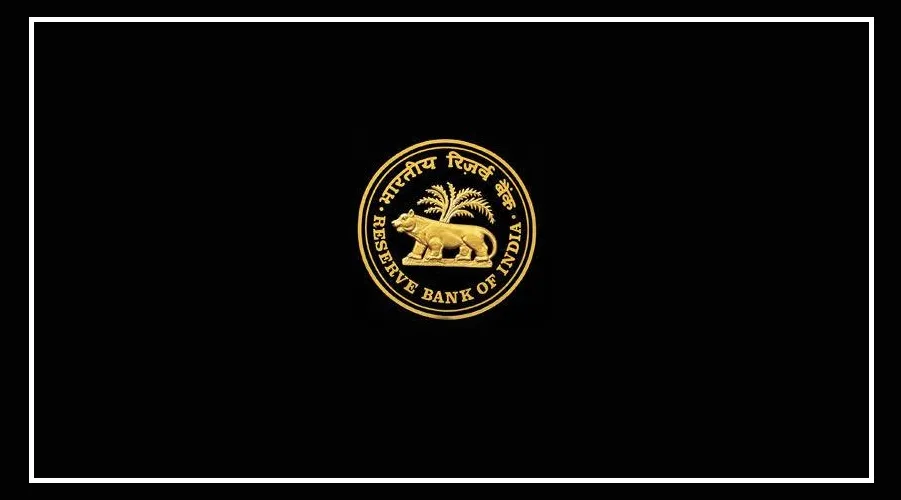The Reserve Bank of India (RBI) has cancelled the license of Jijamata Mahila Sahakari Bank, located in Satara, Maharashtra.
The decision comes after the bank’s financial health deteriorated due to inadequate capital and low earning potential. RBI stated that allowing the bank to continue operations would harm public interest.
Main Reasons for License Cancellation
The bank’s license was first revoked on June 30, 2016, but reinstated on October 23, 2019, after the bank appealed. At that time, the appellate authority ordered a forensic audit of the 2013-14 financial year.
However, the bank did not cooperate with the auditor, and the audit could not be completed. This worsened the bank’s financial condition, leading RBI to cancel its license again.
Impact on Customers and Depositors
With the license cancelled, Jijamata Mahila Sahakari Bank can no longer carry out any banking activities, including accepting deposits or repaying existing deposits.
The bank will now enter liquidation, and the state’s Registrar of Cooperative Societies will appoint a liquidator to manage the process.
Customers will be protected under the Deposit Insurance and Credit Guarantee Corporation (DICGC), which covers up to ₹5 lakh per account.
Around 94.41% of the bank’s deposits fall under this insurance, safeguarding most depositors.
RBI’s action aims to maintain stability in the banking system and prevent misuse of resources. Customers affected should quickly initiate the deposit insurance claim process to recover their funds.
























